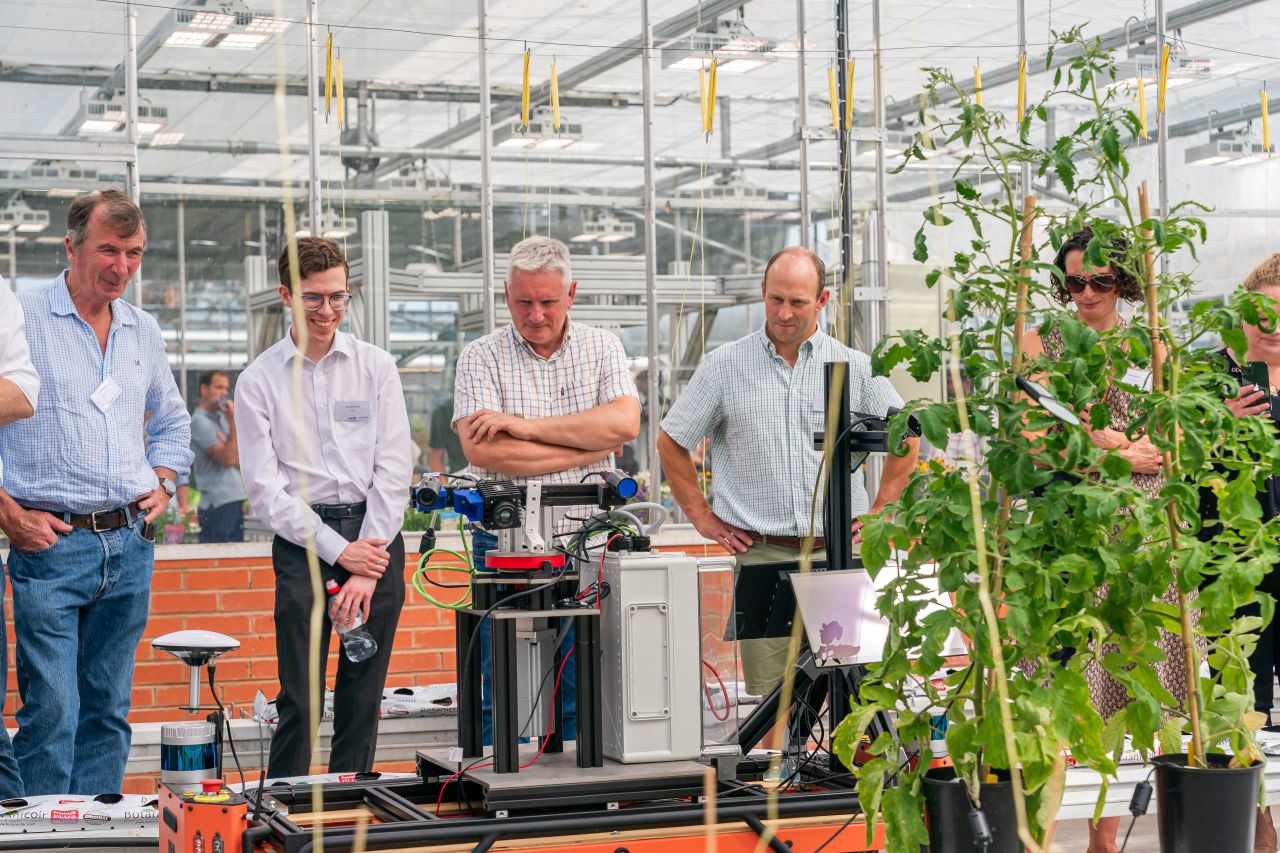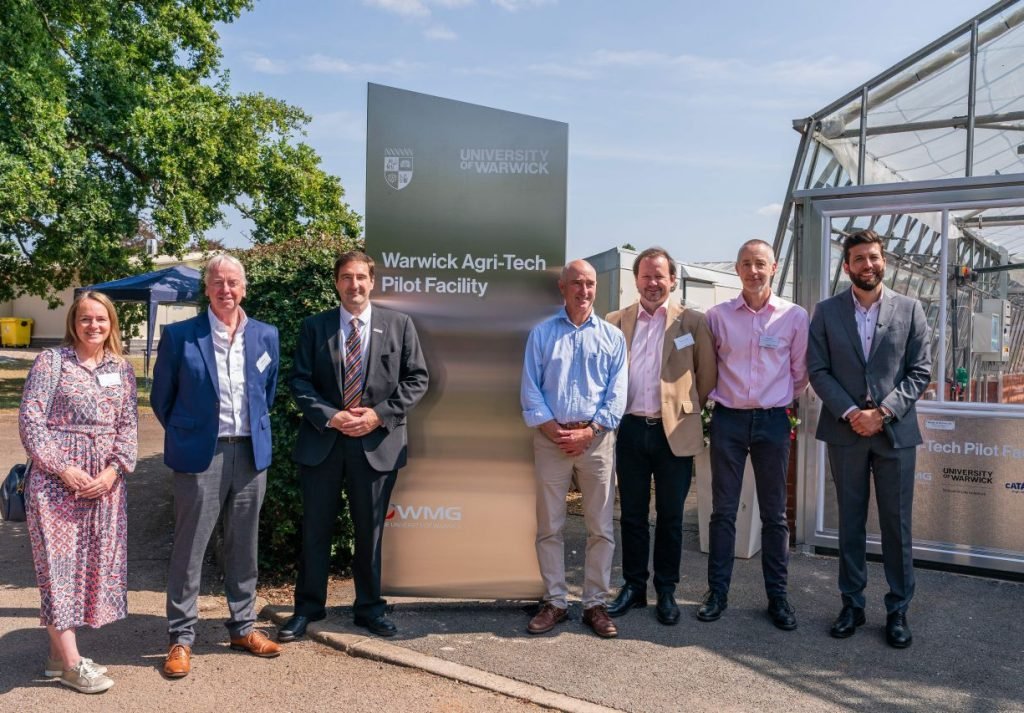Backed by the UK Government’s Industrial Strategy, a new pilot facility from Warwick Agri-Tech will accelerate sustainable farming innovation, using advanced robotics to boost productivity, cut emissions, and strengthen the UK’s food resilience.
Earlier this year, the Government formally recognised agri-tech as a key sector within Advanced Manufacturing in its Industrial Strategy. The move marks a pivotal shift in policy, acknowledging the industry’s potential to enhance growth and climate resilience while ensuring a sustainable, secure food supply. It also aligns with Defra’s new food strategy for England, which aims to build food resilience, improve supply chains, and protect biodiversity.
Warwick Agri-Tech, founded in 2022, is at the forefront of this national drive. The initiative unites expertise from WMG and the University of Warwick’s School of Life Sciences, bringing advanced engineering together with plant science to shape the future of farming. As part of this mission, Warwick Agri-Tech has unveiled a new Pilot Facility at the University’s Innovation Campus in Stratford-upon-Avon. The site, based alongside the Warwick Crop Centre, features state-of-the-art robotics and will act as a test bed for scaling agricultural innovations from laboratory design to commercial readiness.
The facility will host collaborations between researchers, industry partners and government to de-risk innovation, reduce barriers to adoption, and accelerate the rollout of new technologies for farmers and growers. Among the technologies already being deployed are Crombot, a crop-monitoring robot for detecting pests and diseases; AATOM, an autonomous towing platform for streamlining horticultural logistics; the Smart Tree Production System, which sorts and grades saplings to support the UK’s tree-planting goals; and ASPA, a spot-precision system capable of cutting herbicide use by over 90%.
Last week, growers, technology developers, academics and representatives from Innovate UK and the High Value Manufacturing Catapult visited the facility to see the new robotics in action. Warwick Agri-Tech set out its ambitions to reduce reliance on manual labour, improve soil health and biodiversity, and accelerate the adoption of sustainable technologies in agriculture.

Professor David Greenwood, CEO of the High Value Manufacturing Catapult at WMG, said: “The emerging needs of the agriculture sector have provided a perfect opportunity for the University to bring together its expertise in manufacturing automation with its expertise in life sciences, to simultaneously develop robots suitable for use in greenhouses and fields, and focus on ways of growing crops which take advantage of the opportunities of automation. As the UK struggles with agricultural labour shortages and high food prices, this promises to unlock nutritious and affordable food for all.”
Professor Miriam Gifford, from the School of Life Sciences, added: “Warwick Agri-Tech will benefit from the entrepreneurship of WMG and the history of excellence in agricultural innovation at the Warwick Crop Centre, plus the combined stakeholder groups to inform and enable outputs. The fresh food industries need automation urgently, and Warwick Agri-Tech will rapidly expand research and innovation space to provide workable and precision solutions, taking advantage of substantial funding initiatives.”


